Feature: Robot Games brings new energy to dual Olympic city
Source: Xinhua
Editor: huaxia
2025-08-18 15:25:19
The inaugural World Humanoid Robot Games held in Beijing offers glimpses of the future of robotics, underscoring the city's rising role as a global hub for robotics innovation.
by sportswriters Hu Jiali and Li Chunyu
BEIJING, Aug. 18 (Xinhua) -- Over 500 humanoid robot athletes had their own "Olympic Games", giving glimpses of the future of robotics over the past weekend.
The inaugural World Humanoid Robot Games, which opened last Thursday, brought together 280 teams from 16 countries and regions for three days of competition in 26 disciplines, ranging from athletics and football to martial arts and service-scenario challenges in the National Speed Skating Oval, a 2022 Winter Olympic venue better known as the "Ice Ribbon".
"We've been here for like a month. The experience has been really great. The venue is awesome," said Portugal's Ana Carolina Coelho Lopes, who participated in five-on-five football competition. "For us, it was really rewarding, having the chance to interact and communicate with others."
SPRINTING INTO THE FUTURE
On the first competition day, humanoid robots contested the Games' first-ever gold medal in the 1,500-meter race.
Some started fast but lost balance halfway. Others stumbled, fell to the ground, and managed to climb back up to continue. Each recovery drew applause and cheers from the crowd.
The gold medal went to Lingyi Technology, part of Beijing-based Unitree, with a time of 6:34.40.
"It's harder than it looks," said team member Liu Jinda after the race. "Like human runners, you have to consider bend running, stride frequency and stability. Our main task was to fine-tune both hardware and algorithms so that the robot could follow its program and finish the race."
"Compared with a year or two ago, the progress across the industry has been dramatic," Unitree founder Wang Xingxing noted. "Such competitions help move the technology forward, particularly as many of the events are modeled on practical environments like factories, hotels and care facilities."
A GLOBAL STAGE, A BEIJING LEGACY
The Games came just two days after the 2025 World Robot Conference closed, underscoring the city's rising role as a global hub for robotics innovation.
Official data shows that China's robot industry revenue grew by 27.8 percent year-on-year in the first half of 2025, extending its position as the world's largest industrial robot market for 12 straight years. The country now ranks third globally in manufacturing robot density.
"If this had been held a year ago, most humanoid robots would not have been ready," said Li Yechuan of the Beijing Municipal Bureau of Economy and Information Technology. "Advances in AI algorithms and robot hardware have made the Games possible."
The closing ceremony on Sunday also marked the official launch of the World Humanoid Robotics Games Federation and confirmed that the second edition's Games will return to Beijing in August 2026.
"We firmly believe the founding of this federation is a milestone that will drive deeper global cooperation in robotics and artificial intelligence," said Zhou Changjiu, president of the RoboCup Asia-Pacific Confederation.
"International collaboration and communication platforms are important," Zhou added. "In the past, large-scale technological progress could take decades. Now, AI accelerates everything. The Games will definitely foster global collaboration and help bring humanoid robots into schools, elder-care centers, and even households. It's only a matter of time." ■



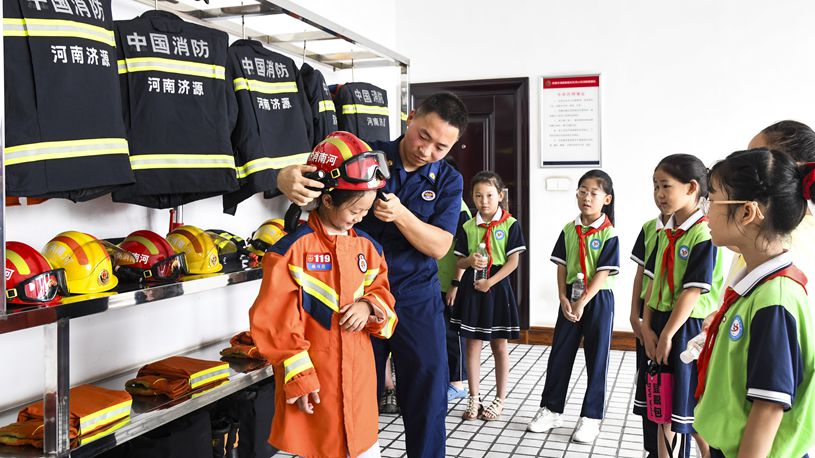
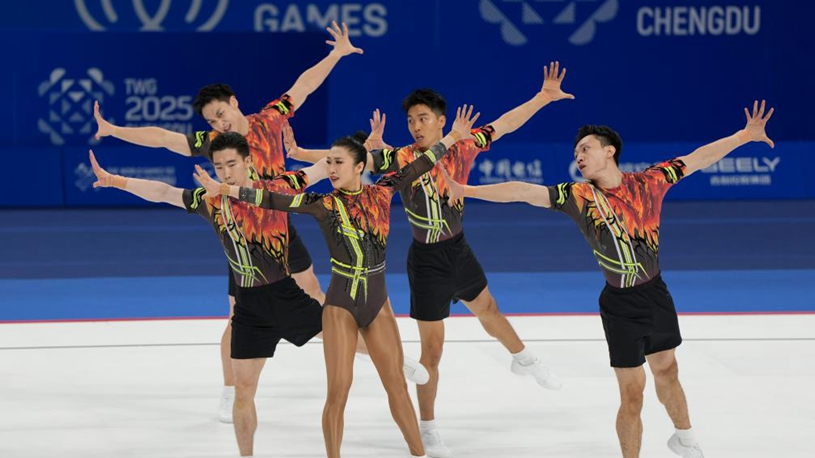
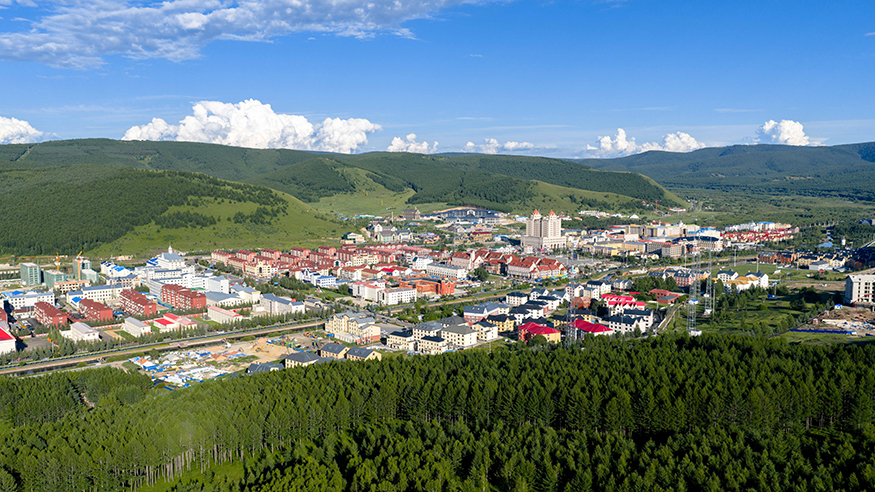
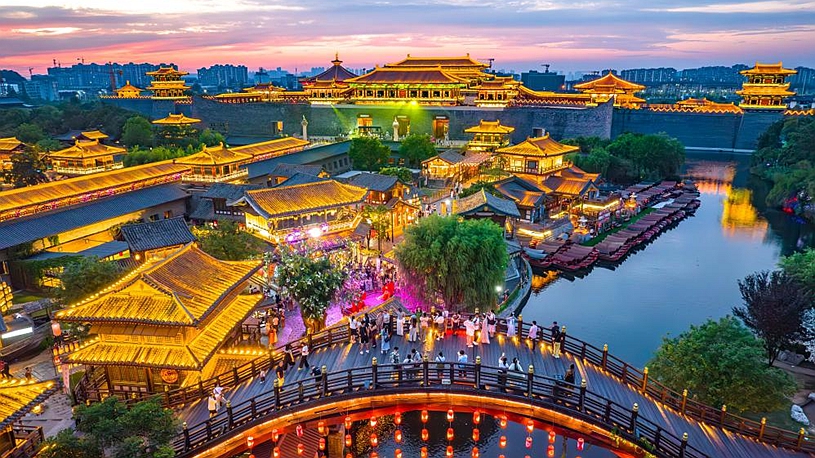
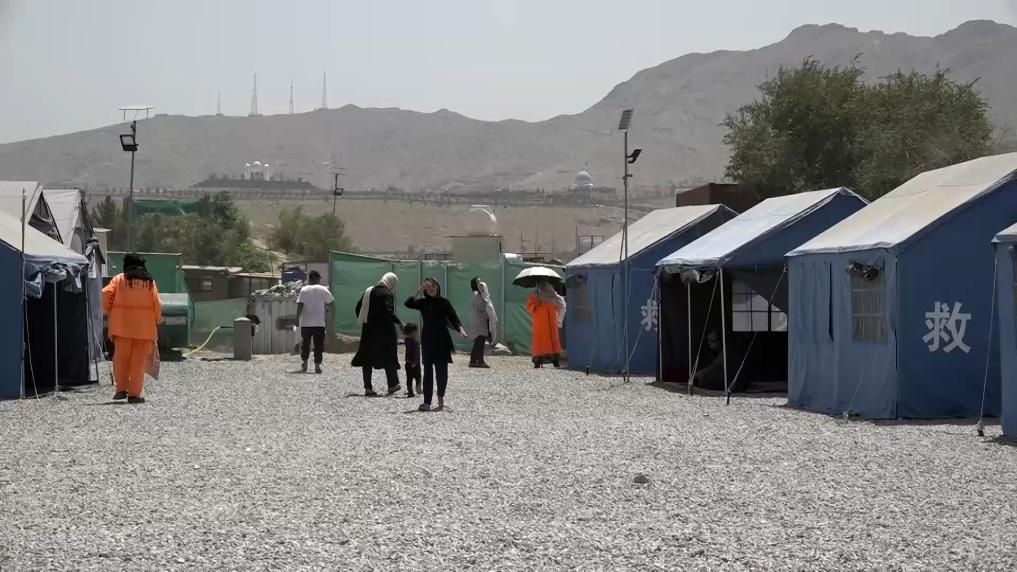
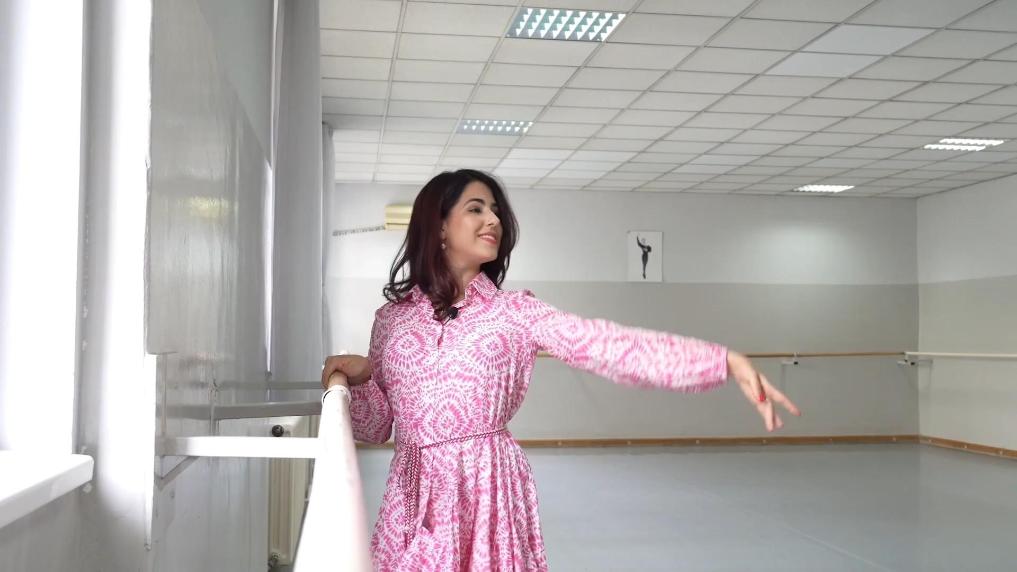



Comments